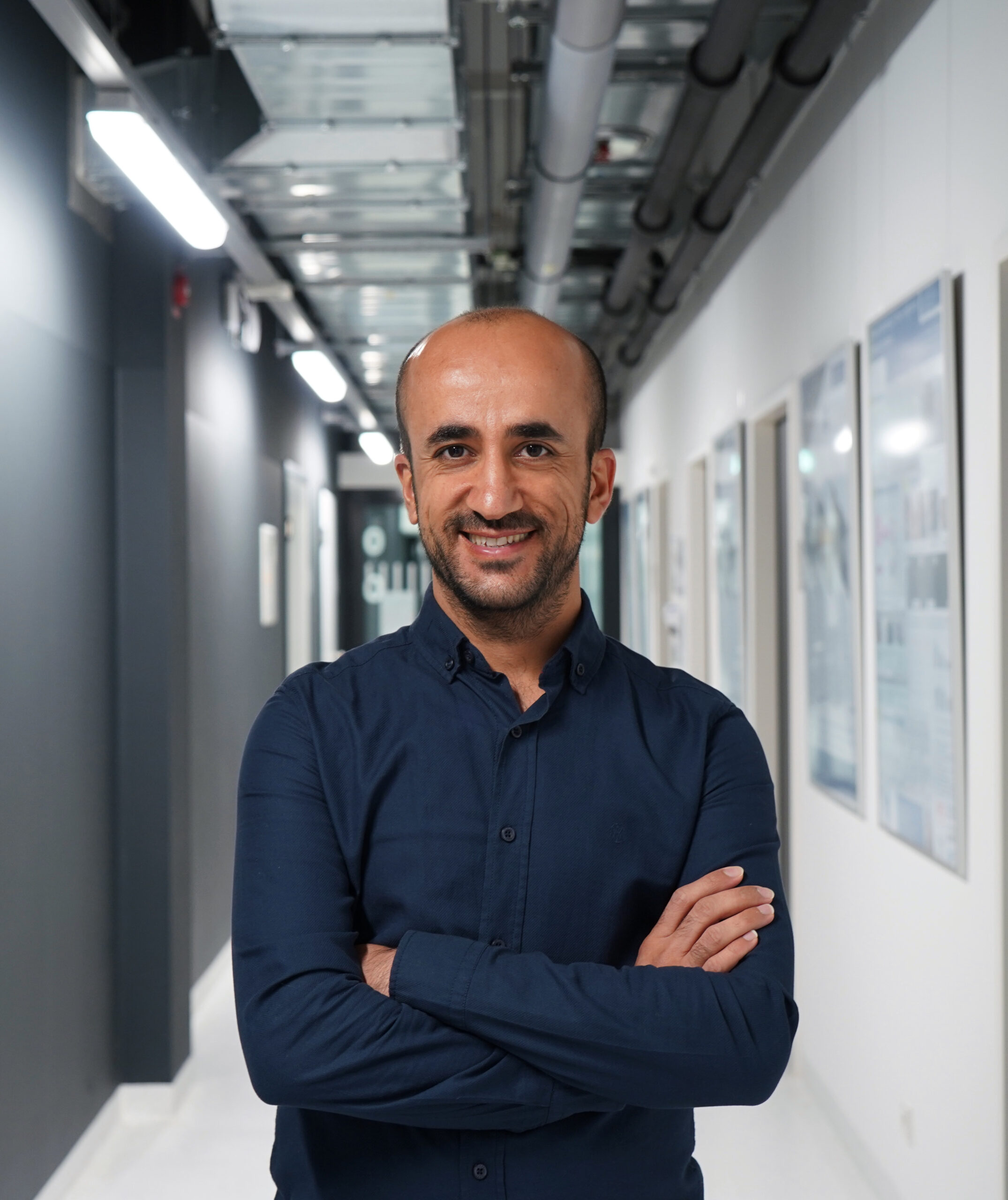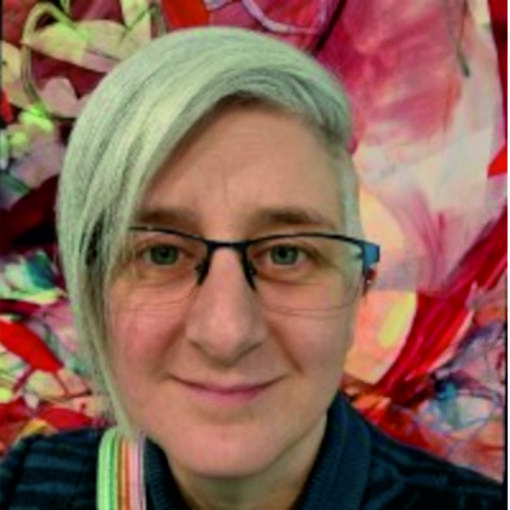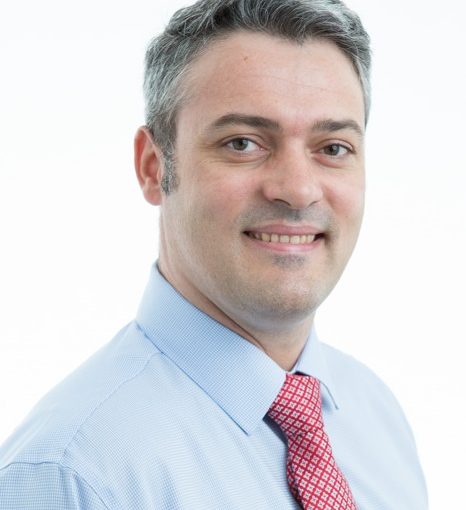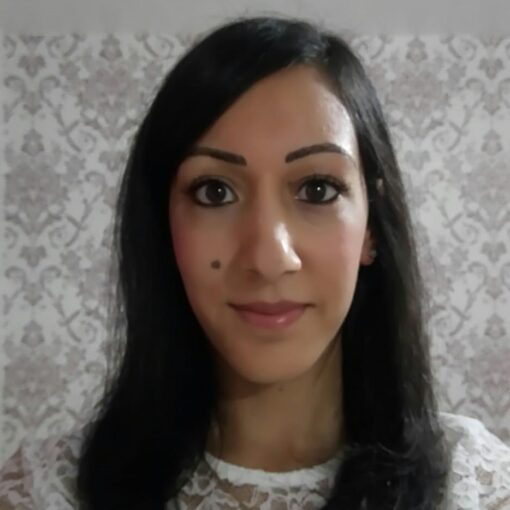PhD in Biomedical Engineering
| Quality Engineer | |
|---|---|
| Stevanato Group (Balda Medical GmbH) | |
Year entered into a non-academic position: 2023
Job highlight:
Helping the company in clarification of quality-critical questions with customers or the development team, creation of product test plans including checking specifications, and developing the visual quality features and acceptance criteria. I am also responsible for preparation of documents and validation of processes and qualification of systems and devices in accordance with valid process descriptions.
My research training set me up to…:
seamlessly transition into the biomedical materials industry, leveraging my expertise from my time in academia. A unique combination of educational background and specialized research experience equipped me with a comprehensive understanding of both mechanical engineering principles and the intricacies of biomedical applications, allowing me to contribute significantly to the development and advancement of innovative biomedical materials.
Left academia after:
PhD
What’s your background?
BSc in mechanical engineering and MSc in biomedical engineering, then I completed my PhD within the same department and specifically focused on cryopreservation of cells and tissues.
Why did you move away from academia?
My reasons were not very different from those who have made this transition previously. Particularly, I was feeling insecure due to short-term contracts. In addition, my last contract was a part-time one, so I was not being paid with full salary, although I was almost working full-time. After working 4 years on the same topic during my PhD, my days became monotonous, as I followed the same procedures for the same purpose, which made me feel stuck in terms of professional development and often demotivated. I also believe that promotion in academia is not very easy compared to industry, and very slow and bureaucratic most of the time.
Is there anything you miss about academia?
Working in university certainly brings benefits, and one of them is flexibility. I occasionally miss my flexible schedule. My current workplace is far from city center, as industrial sites mostly are located outside of the city. Therefore, I also miss working at the heart of the city. The level of pressure in industry and academia is quite different, and I can say the workplace in academia has less pressure than industry (or at least this is the case for me). Unfortunately, my current job allows one day a week for remote work, which is another aspect I miss.
How did you get this job? Did you face any challenges when considering a move away from academia or applying for the role?
After completing my PhD, I used different websites to find jobs but I mostly utilized Linkedln extensively. The job that I am currently working was one of the ‘easy application’ advert in Linkedln. After I submitted my application, within a couple of weeks, I had an online interview with the head of the department and head of the human resources. Subsequently, I was invited to the company for a second and in person interview with the team, which also provided me with the opportunity to visit the company and experience the environment. I was then offered the job after the second interview. The fact that I did not have prior experience in industry was a big disadvantage and challenge. The ‘Lack of experience in industry’ was the main reason why my most of the applications did not go through.
What motivated you to/why did you choose the sector you transitioned into?
As I mentioned in the previous question, I started to feel stuck in academia and kind of feeling that I wasn’t utilizing my skills to their full potential . I would like to apply all the experiences and knowledge I gained during my PhD, and that led me to pursue my career in industry. I primarily focused on the R&D opportunities in my field, as my PhD gave me confidence at being in a laboratory setting. Additionally, I was interested in exploring roles in quality departments within my field, which prompted me to take a couple of professional development courses in quality management within the biomedical industry. The sector and the department I chose required an individual who is capable of both attention to detail and understanding the bigger picture. Adhering to procedures and achieving equivalence in standards are crucial in this sector. Given these requirements, quality departments were perfect match for me as I enjoy focusing on details, and I can see tiny mistakes in a big system that mostly others fail to see. Furthermore, I also really enjoy testing of products and procedures as well as analyzing the results to achieve the highest level of perfection.
Did you think you had the skills required for your current position before you started? How did your PhD prepare you for your current job?
As it is my first job in industry, I felt like I needed to learn new skills, therefore, I took professional development courses. However, my detail oriented perspective, and desire for perfection aligned well with the demands of this sector. So far so good.
How did your PhD prepare you for your current job? For example, what were the transferable skills that you developed during your PhD that are most relevant to your current job?
PhD that I have done literally doesn’t have any common points with the job I am doing, in terms of topic. However, I use some skills that I gained during my PhD such as project and time management, presentation, data interpretation, and statistics in this job most of the time. As a concrete example, during my PhD I used statistics to evaluate the results of experiments, now I use it to evaluate the results of dimensional measurements as part of product qualification procedures In addition, I used to design experiment setups for my PhD studies, now I am involved in the conceptualization of measurement activities.
Did you have any preconceptions about your sector that proved to be wrong?
I didn’t start this job with any preconceptions.
Can you describe a typical week in your job?
Every week is dynamic and most of the time I adjust my schedule according to the current needs of the projects. Right now, I am involved in two different projects, and the week starts with team meetings regarding the progress and the schedule of tasks. Each project is overseen by a mentor, and I participate in regular weekly meetings with project’s mentor. Then, depending on the phase which we are in on the project; I design my agenda to cover some major tasks such as analyzing the results, writing technical reports, exchanging the reports with other team members for validation etc. In addition, as I started not too long ago, training is one of the regular activities in my week.
What is the workplace culture like? Please include comments on work-life balance, flexibility, remote working?
We have a friendly atmosphere and all my colleagues are ready to help when I need something. I am contracted to work 40 hours per week, and I can complete these hours, as I like, as long as I am at work between 10am to 2pm. Currently, remote working is only allowed one day per week but since we can set our schedule by ourselves, it is okay to complete working hours in 4 days. This means you can often have longer weekends. I am kind of a city person so do not want to move out from the city, therefore my commute kind of what makes my work-life balance hard, but this is completely my choice.
Do people with a PhD frequently get hired in the company/sector?
For this sector, I can say that most of the companies are looking for PhD degree. However, in my company, having a PhD is considered an advantage but not a mandatory requirement.
What are your favourite parts of your job?
I enjoyed my job and pretty much all the tasks I am responsible for as I explained before my personal specifications fit well with this job. Taking more responsibility, being in contact with many departments at the same time, establishing connections with both customers and suppliers, and holding routine meetings to produce the desired product accelerate my personal development and represents an important potential for my future career
What are your reflections on your career path?
I aim to continuously improve myself both personally and professionally, striving to meet the needs and expectations of the company and the sector.
Do you have any advice for current graduate students and postdocs considering a career outside of academia?
I would suggest them to determine the sector they would like to work or at least narrowit down before finishing their PhDs. This step is crucial because different sectors have varying needs , Making this determination beforehand enables them to acquire necessary skills, such as attending relevant courses .
Enhancing these specific skills will make them to save some time and increase their chance to find their dream job.
What do you know now that you wish you’d known when exploring a transition?
Attending courses such as Quality Management, Project Management and Good Manufacturing Practices well in advance and digesting them and using them during my PhD studies would have made my transition from academia to industry smoother and more effective.
Can you recommend any relevant resources, organisations or events that might help somebody new to the sector find out more about it?
I believe technical fairs are a great way to meet new people from your target sector. Therefore, I strongly recommend following relevant pages (according to their fields) on professional forums or Linkedln to learn about these kinds of opportunities. For example, two weeks ago I attended a biomedical fair in Germany which I had heard about before but never had a chance to attend when I was working in academia. I believe such fairs present an incredible opportunity for those aspiring to work in my field to establish numerous connections and gain insights into industry needs, allowing them to start developing the necessary skills.





